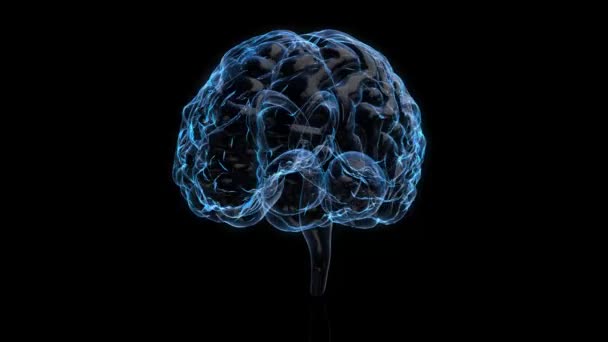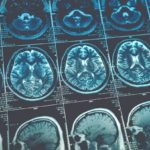For people at risk or struggling with frontotemporal dementia (FTD), researchers found a way to confer resilience, reducing its disruptive effects. The results, released in Alzheimer’s & Dementia, was conducted by a team of researchers at the University of California, San Francisco.
With no known treatment for frontotemporal dementia, researchers aimed to identify if any lifestyle changes could affect the progression of the disease, recruiting 105 participants presenting acute symptoms at its early-stages.
During the study, the participants underwent several tests, including MRI scans, cognitive examinations, and tests measuring traditional physical activities, like jogging or reading. Relatives of the participants were given assessments on their daily functioning.
Researchers found that among the most active of participants, the cognitive decline associated with the disease was less evident, suggesting beneficiary effects for patients.
Kaitlin Casaletto, the study’s lead author, stated: “Our hypothesis was that the activities people engage in each day of their lives may contribute to the very different trajectories we see in clinic, including when the disease develops and how it progresses.”
“This was a remarkable effect to see so early on. If this were a drug, we would be giving it to all of our patients,” said Casaletto.
While the lifestyle changes did not alter or inhibit the degeneration of brain tissue correlated with the disease, it did slow symptoms among those with active lifestyles.
“We’ve seen such significant effects in just the first year or two in people with very mild disease – if these results hold, we may see that an active lifestyle sets individuals on a different trajectory for the coming years,” Casaletto concluded.


